Manchester is home to some of the most exciting and fastest growing tech, creative and digital companies in the UK. In recent years the city has established itself as a hub for start-ups, witnessing a 90.5 per cent increase in new businesses from 2010 to 2018, with the digital and creative sector driving much of this growth. In fact it was the single fastest growing sector in Greater Manchester between 2010 and 2019, growing by a staggering 244 per cent.
Manchester has a lot to offer these start-ups. Housing and commercial space are far cheaper than in London and the city enjoys the highest graduate retention rate outside London. Furthermore, Oxford Economics predicts an additional 30,000 people will join Manchester’s digital and creative workforce over the next 15 years, so supporting this sector by providing best-in-class working environments will become a key weapon in the battle for tech and creative talent.
Strategies to attract talent to Manchester must cater to the needs of the innovation economy, which is dominated by start-ups and freelancers. The city has unveiled many co-working spaces in recent years and has also invested in business incubators that allow budding companies to grow. Manchester University houses a variety of companies linked to the university's Innovation Optimiser (IO) and more than 20 start-ups have graduated through its programme in under three years.
As the supply of flexible and co-working offices grow, these spaces are having to work harder to differentiate themselves. Clockwork, located in the city centre, offers flexible workspace and meeting rooms charged by the minute so occupiers only pay for the time they really need. Additionally, The Sharp Project houses more than 60 digital start-ups across 200,000 sq ft of space in converted shipping containers.
As start-ups become more established and begin hiring more employees their workspace needs evolve. While they still need flexibility to accommodate rapid growth, they also value having dedicated room of their own. One such space is The Landing in MediaCity, a resident tech hub for Manchester scale-ups. Its five floors are home to more than 120 small businesses working across sectors such as 5G, 3D printing, and augmented reality.
Quality workspace to suit both new and emerging businesses is therefore vital, but attracting and retaining talent in Manchester will take more than simply providing innovative offices. Graduates and employees also need affordably priced, well-designed homes reflective of the type of households the city needs to attract.
Many of these households will be younger with relatively high incomes but have yet to accumulate much in savings. Homes built specifically for the private rental market, or Build to Rent, offer the convenience and quality of housing needed, with Angel Gardens in NOMA and Clippers Quay in Salford Quay being good examples.
A blend of both quality workspace and suitable housing will ensure Manchester continues to attract the talented workforce and emerging businesses that have led to it becoming the thriving city it is today.
Further information
Manchester: Building for the next generation of workers
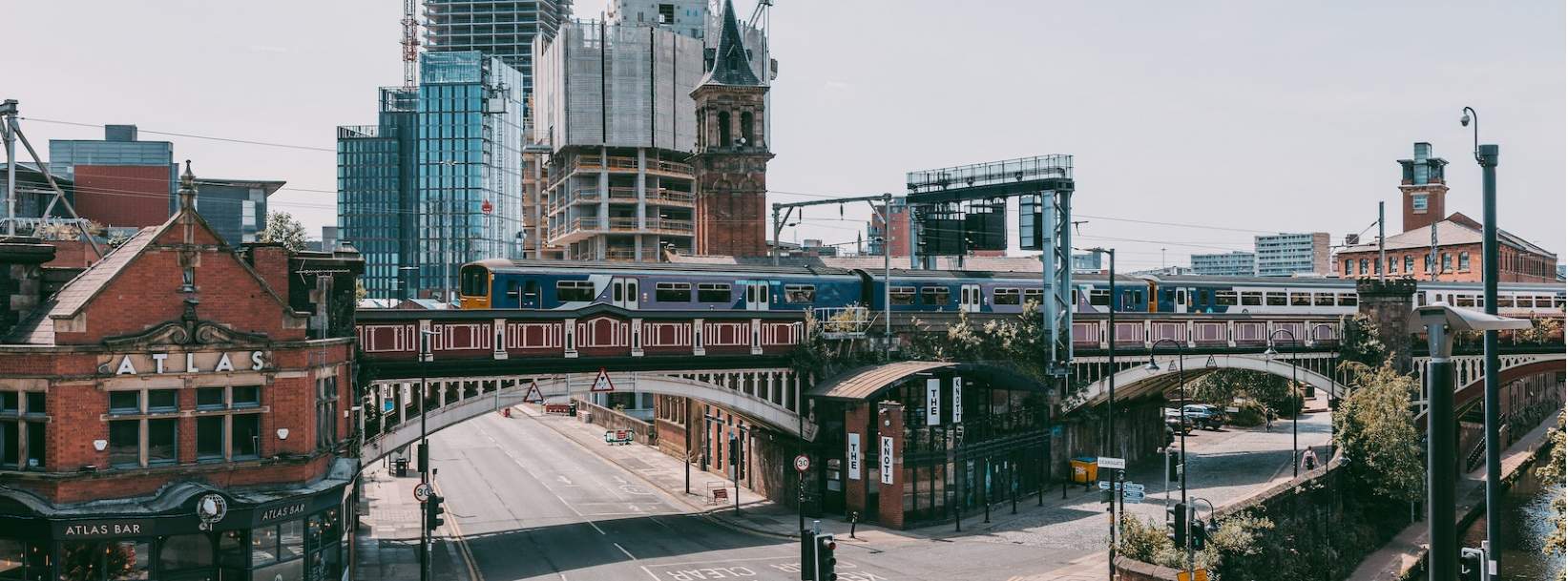
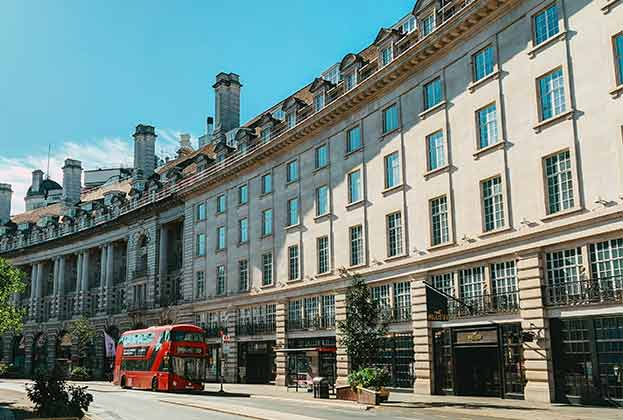
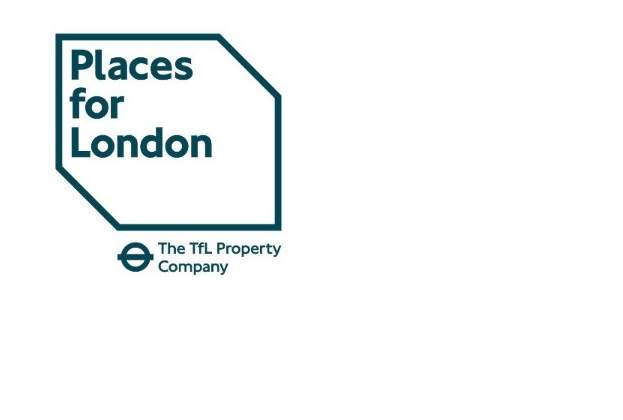
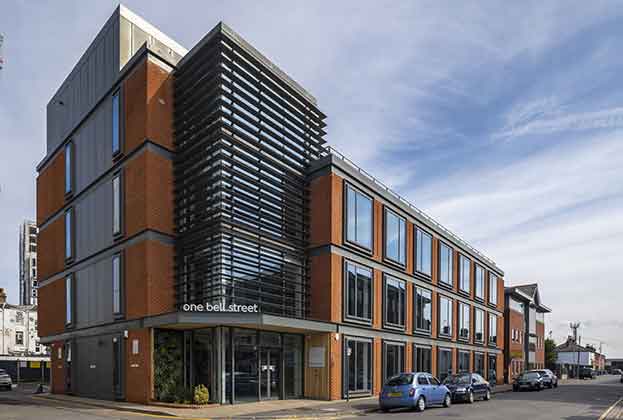

.jpg)

.jpg)
.jpg)
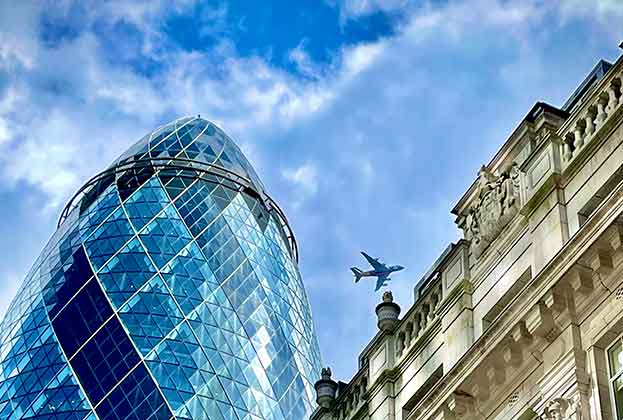
(1).jpg)